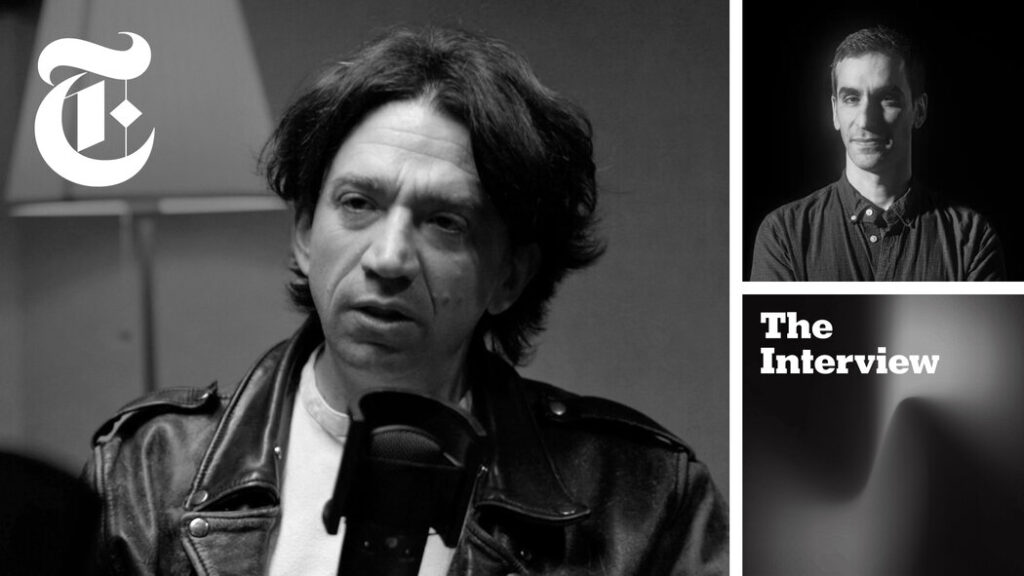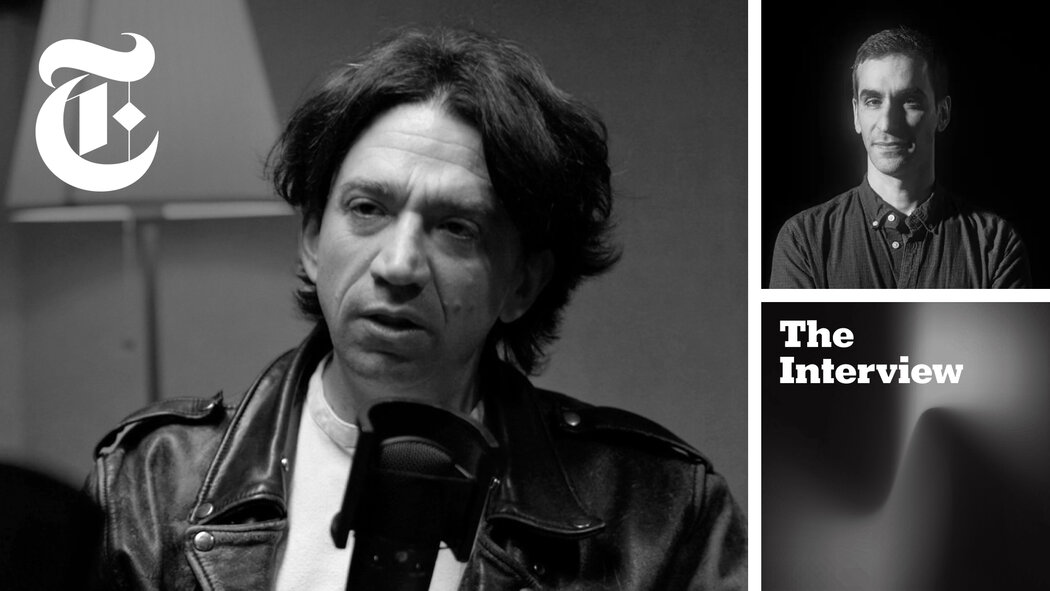‘The Interview’: Curtis Yarvin Says Democracy is Done
The once-fringe writer has long argued for an American monarchy. His ideas have found an audience in the incoming administration and Silicon Valley.

For a long time, Curtis Yarvin, a 51-year-old computer engineer, has written online about political theory in relative obscurity. His ideas were pretty extreme: that institutions at the heart of American intellectual life, like the mainstream media and academia, have been overrun by progressive groupthink and need to be dissolved. He believes that government bureaucracy should be radically gutted, and perhaps most provocative, he argues that American democracy should be replaced by what he calls a “monarchy” run by what he has called a “C.E.O.” — basically his friendlier term for a dictator. To support his arguments, Yarvin relies on what those sympathetic to his views might see as a helpful serving of historical references — and what others see as a highly distorting mix of gross oversimplification, cherry-picking and personal interpretation presented as fact.

Subscribe: Apple Podcasts | Spotify | YouTube | Amazon | iHeart | NYT Audio App
But while Yarvin himself may still be obscure, his ideas are not. Vice President-elect JD Vance has alluded to Yarvin’s notions of forcibly ridding American institutions of so-called wokeism. The incoming State Department official Michael Anton has spoken with Yarvin about how an “American Caesar” might be installed into power. And Yarvin also has fans in the powerful, and increasingly political, ranks of Silicon Valley. Marc Andreessen, the venture capitalist turned informal adviser to President-elect Donald Trump, has approvingly cited Yarvin’s anti-democratic thinking. And Peter Thiel, a conservative megadonor who invested in a tech start-up of Yarvin’s, has called him a “powerful” historian. Perhaps unsurprising given all this, Yarvin has become a fixture of the right-wing media universe: He has been a guest on the shows of Tucker Carlson and Charlie Kirk, among others.
I’ve been aware of Yarvin, who mostly makes his living on Substack, for years and was mostly interested in his work as a prime example of growing antidemocratic sentiment in particular corners of the internet. Until recently, those ideas felt fringe. But given that they are now finding an audience with some of the most powerful people in the country, Yarvin can’t be so easily dismissed anymore.
One of your central arguments is that America needs to, as you’ve put it in the past, get over our dictator-phobia — that American democracy is a sham, beyond fixing, and having a monarch-style leader is the way to go. So why is democracy so bad, and why would having a dictator solve the problem? Let me answer that in a way that would be relatively accessible to readers of The New York Times. You’ve probably heard of a man named Franklin Delano Roosevelt.
Yes. I do a speech sometimes where I’ll just read the last 10 paragraphs of F.D.R.’s first inaugural address, in which he essentially says, Hey, Congress, give me absolute power, or I’ll take it anyway. So did F.D.R. actually take that level of power? Yeah, he did. There’s a great piece that I’ve sent to some of the people that I know that are involved in the transition —







